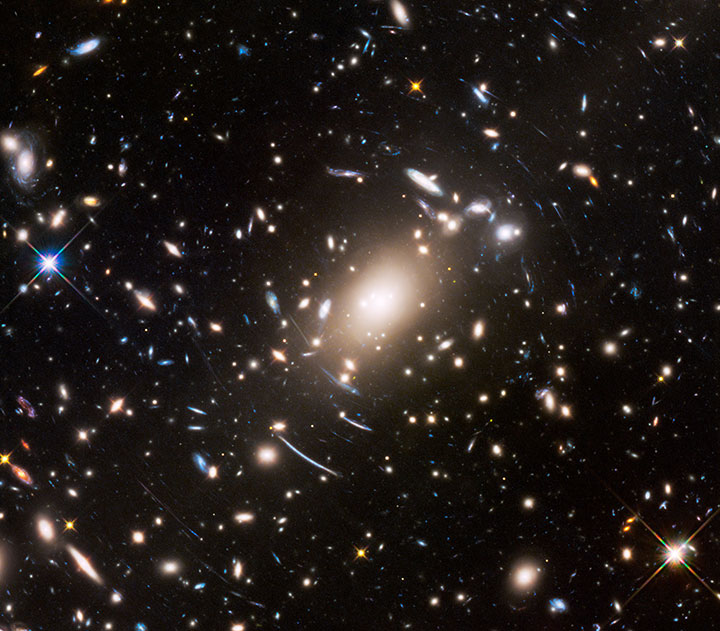CAPE CANAVERAL, Fla. – Thought the universe was crowded with 100 billion to 200 billion galaxies? Try 1 trillion or even 2 trillion galaxies and more.

That’s the latest census, reported Thursday.
An astrophysics professor at the University of Nottingham in England led the international team that came up with the mind-boggling estimate of two trillion galaxies in the universe. Professor Christopher Conselice said that represents a minimum tenfold increase.
READ MORE: Astronomers discover hundreds of hidden galaxies behind Milky Way
In a phone interview, Conselice said he was surprised by the results. He anticipated two or three times more galaxies, perhaps, but “10 is quite high” and it could prove to be even greater.

Get daily National news
The scientists based their galaxy head count on deep-space surveys already conducted by the Hubble Space Telescope and ground observatories. They turned the images into 3-D and used new mathematical models for the update.
WATCH: Hubble sees thousands of galaxies
“It boggles the mind that over 90 per cent of the galaxies in the universe have yet to be studied,” Conselice said in a statement. “Who knows what interesting properties we will find when we discover these galaxies with future generations of telescopes?”
Even scientists have trouble wrapping their minds around such huge numbers. According to Conselice, two trillion is roughly equivalent to the number of seconds in 1,000 average lifetimes.
The findings are being reported in Astrophysical Journal.

Comments